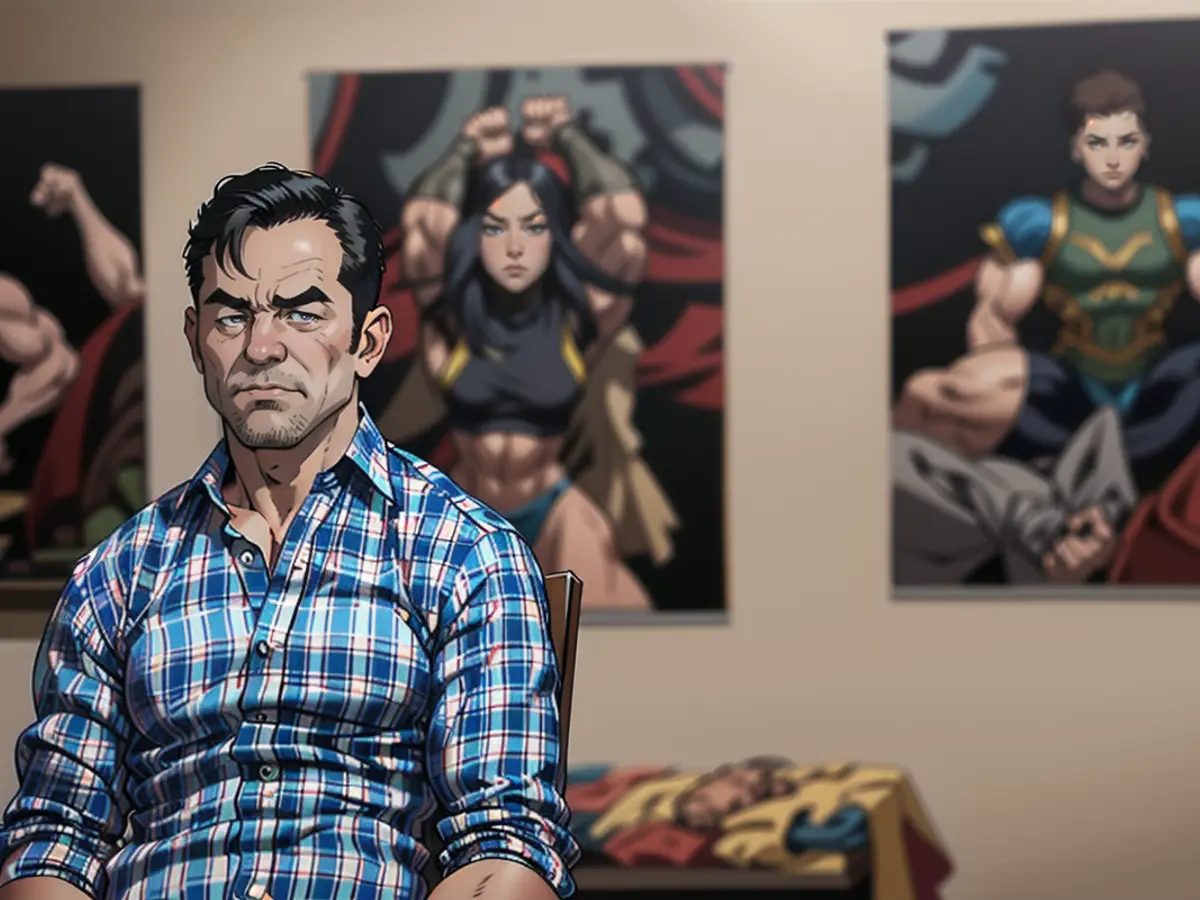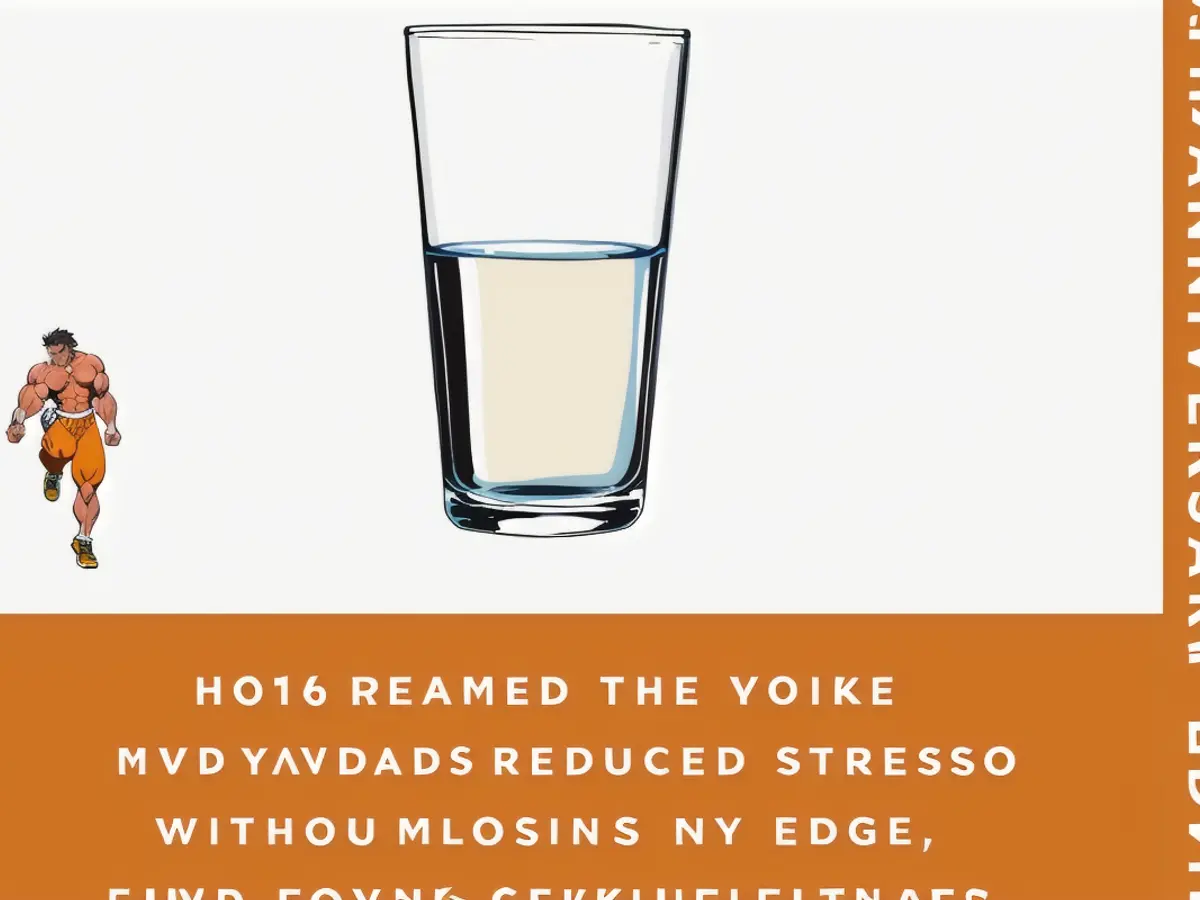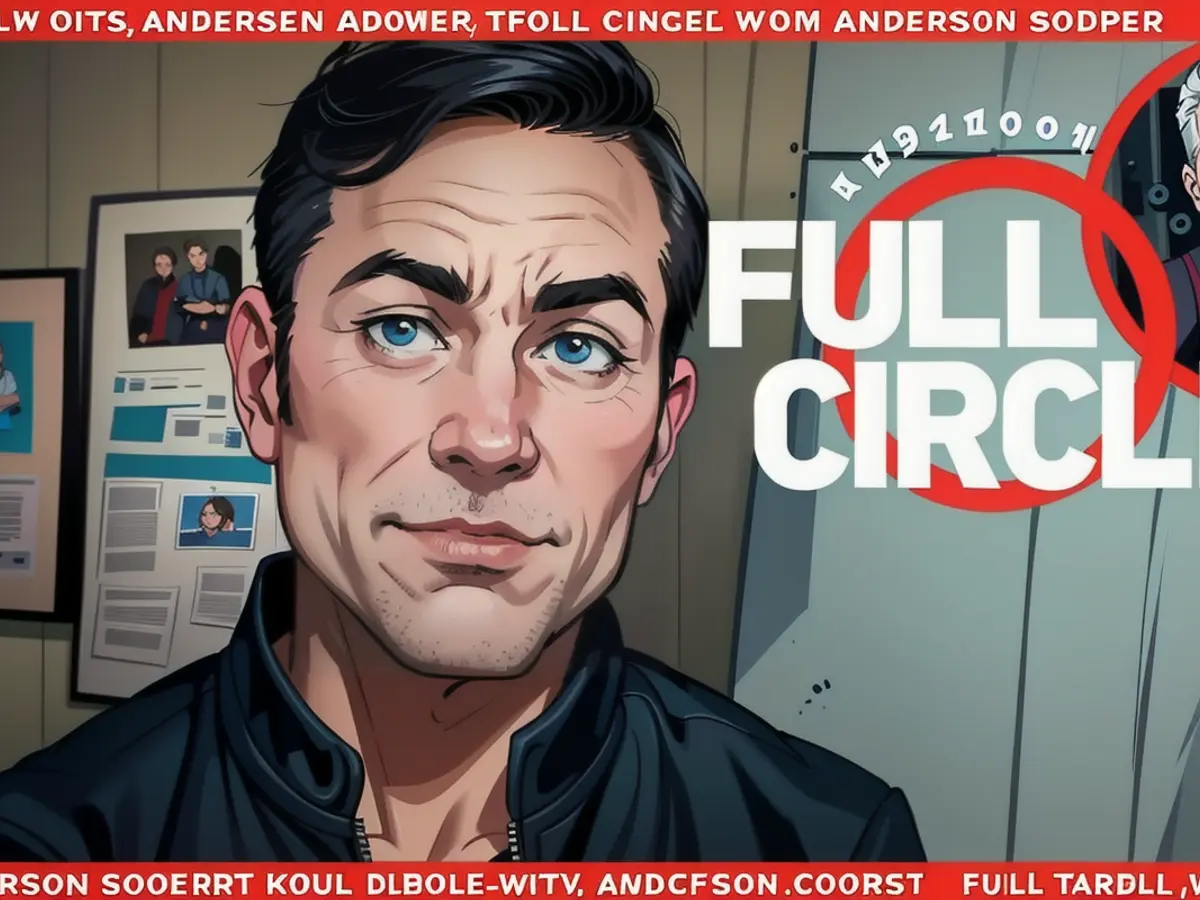Consider yourself unable to meditate? Let a previous non-believer convince you otherwise.
The scene viewers didn't witness was the chaos behind the curtain: Harris dealing with depression brought on by his time as a war journalist and anxiety from functioning in a high-stress environment. To cope, he relied on cocaine, ecstasy, and prescription sleeping pills.
It all spiral downward on June 7, 2004, when Harris took over for anchor Robin Roberts on Good Morning America. During his reporting, he had a nationally telecast panic attack, which Harris described in his 2014 book, "10% Happier: How I Tamed the Voice in My Head, Reduced Stress Without Losing My Edge, and Found Self-Help That Actually Works," as being "the direct result of an extended phase of aimlessness, a period of time given over to advancement and adventure, to the detriment of almost everything else."
However, this traumatic incident served as the catalyst for a transformative journey. Harris went from despair, drug addiction, and being a meditation skeptic to mindfulness - and to a complete career shift. His emphasis is now meditation and happiness, along with helping those struggling with mental traps that keep them from leading a more mindful life.
Despite making the transition to meditation, it took a few years for him to come to it, following various Psychiatrists and therapy. Before Harris began meditating in the summer of 2009, he said, "I had no real comprehension of it other than that it evoked a reflexive hostility. Not only was I raised by atheists, but also by former hippies. They had compelled me to do yoga, go to natural food stores, and go camping, and I just found all that really annoying."
Growing up in a household of scientists, Harris was convinced by the scientific evidence on meditation. Studies show that meditation can reduce blood pressure, strengthen the immune system, and alleviate stress, anxiety and depression. Regular practice can also rewire brain regions associated with stress, concentration, compassion, and self-awareness, according to science.
He also credits the work of Dr. Mark Epstein, a psychiatrist and Buddhist then in private practice in Manhattan, and Jon Kabat-Zinn, another scientist who teaches a secularized form of Buddhist meditation and is a Professor Emeritus of Medicine at the University of Massachusetts Medical School. In the preface of the recently released 10th anniversary edition of his book, Harris acknowledges how focusing on Western scientists and teachers undervalues the contributions of Asian and Asian-American people and how he has tried to correct this.
Now, Harris is a meditation expert in his own right. He says, "I find that I'm less easily swept away by my impulses and thoughts and emotions. When I make mistakes, I'm quicker to apologize. I'm more focused on the underlying sense of calm I didn't have before."
Harris breaks down some common barriers to trying meditation with CNN.
Changing "I can't" to "I'll try"
Often, people cite not being able to focus or sit still long enough as an excuse for not meditating. But Harris argues that if they get distracted, this is actually a sign that they're getting it right.
Being preoccupied is a survival trait that helps keep us safe. "Clearing the mind is impossible unless you're enlightened or dead," he says. "The ability to observe the distraction is proof of success," he continued, "since the goal in meditation is to understand how the mind functions."
"The point of meditation is not to stop thinking - it's about concentrating on one thing, usually breathing. Whenever you get distracted, you begin over and over again," Harris explained. "Each restart is like a bicep curl for the brain, changing it."
Overcoming Barriers

A frequent roadblock for people starting meditation is the belief that it's too overwhelming or unfamiliar. But Harris advises starting small and working up to it.
He recommends beginning with one minute daily for a few weeks before increasing the duration. As you continue, you may shift from external motivation - such as suggestions or research - to the internal motivation that keeps you engaged because you feel the benefits.
There are numerous economical or free resources available to assist you in getting started, including those on mobile applications, YouTube, or Harris' own website, and even in books. Additionally, certain cities provide meditation or mindfulness centers where you can learn from an instructor and practice alongside others, which is a fantastic method to maintain a habit while remaining accountable.
The concern over being successful
Several individuals subscribe to the belief that "the only way to survive is to be chronically neurotic" in order to maintain their drive and passion, according to Harris.
Yet, consider well-known and successful proponents of meditation who include athletes, musicians, talk show hosts, and corporate executives, such as LeBron James, Oprah Winfrey, Arianna Huffington, Jerry Seinfeld, LinkedIn Executive Chairman Jeff Weiner, and ABC News anchor George Stephanopoulos.
"Do these individuals seem as though they're lacking ambition or drive?" Harris asked. "Is it plausible that your ambition will deteriorate if you become more focused, emotionally stable, and less overly reactive in high-pressure situations? In truth, it's quite the opposite."
For more information, read: One habit that could help you overcome fears of public speaking, criticism, failure, and more
Harris' personal story also demonstrates how your relationship to work or personal values may evolve once you have attained a healthier state. In addition, the potential for success in your newfound state could be distinct from, but potentially just as fulfilling or even better than, what you initially envisioned for yourself.
"This is not the version of success the pre-meditation me envisioned. I believed staying in network news and ascending as high as possible was what I desired," Harris stated. "However, this opened up an entirely new realm for me. I now publish books, host podcasts and social media feeds, and continue to have opportunities. I founded a company and am exploring a new one.
"There's an abundance of potential waiting to be discovered, and I am absolutely not less driven."

Read also:
- No food or coffee for three days, just juice, juice, juice instead: a field report
- How to get rid of the flu if you have caught it
- Doctors warn of penis fractures and other injuries during the Christmas season
- Corona or flu epidemic? These pathogens are making us cough and sniffle right now
Source: edition.cnn.com








